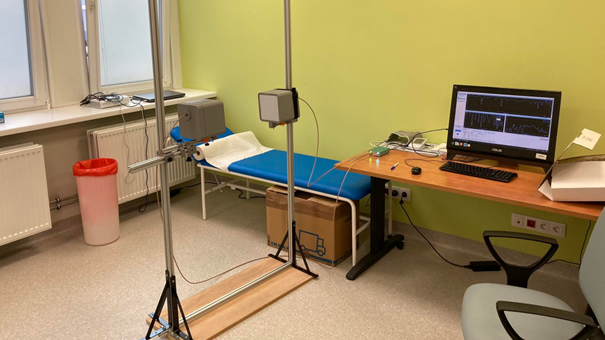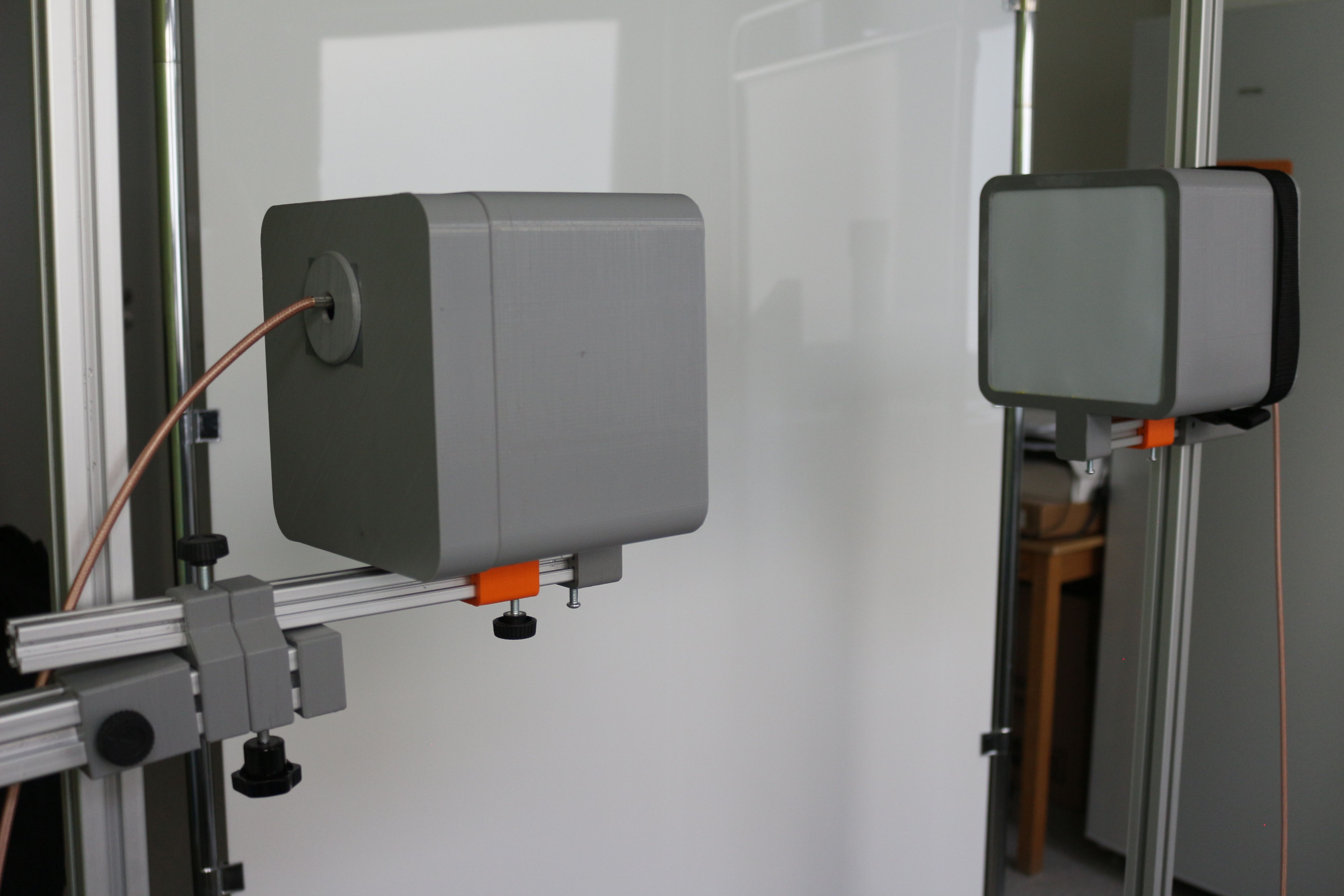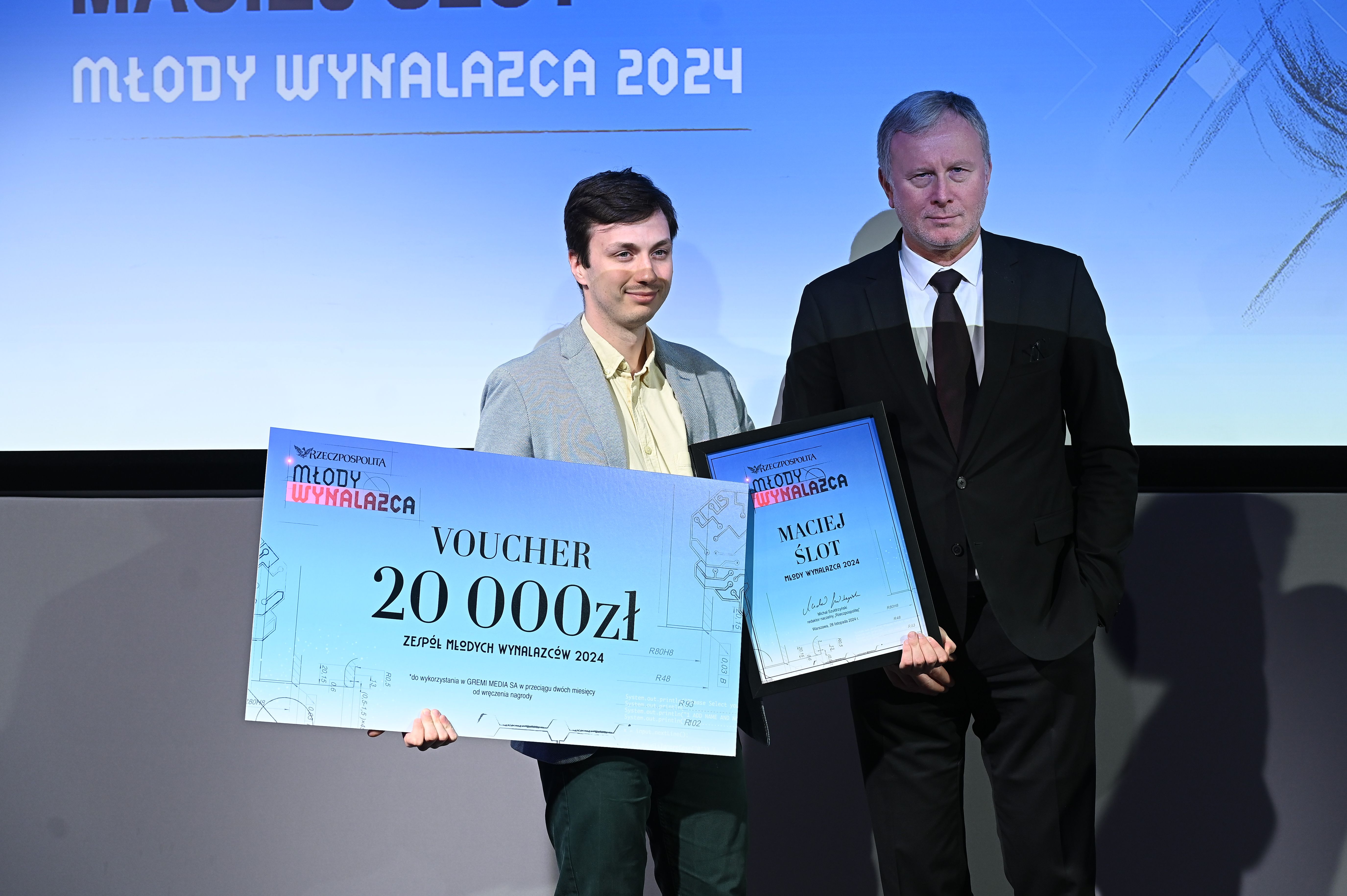Using 3D Printing in Science – A New Approach to Heart Failure Research
:fill(white)/1f3e5778bd4eb054069d61a0acd50ca7)
Polish scientists have developed an innovative device that could revolutionize the way heart failure patients are monitored and cared for. The non-invasive sensor, created by Maciej Ślot EngD from the University of Łódź in collaboration with the Polish Mother’s Memorial Hospital Research Institute, enables effective monitoring of the body’s hydration levels. It allows for the assessment of fluid accumulation in the lungs without the need for catheters, complex imaging procedures, or other invasive techniques.
How does the device work?
The sensor operates using a system of helical antennas that emit and receive electromagnetic waves passing through the chest. Changes in signal strength help determine whether there is an abnormal amount of fluid in the lungs. The device is connected to a computer that analyzes the data in real time. The entire measurement process is quick and painless.

Helical antenna with 3D printed core.
The importance of this device is particularly evident in the context of heart failure, where both fluid overload and dehydration can lead to serious complications, hospitalizations, and even death. Maintaining so-called euvolemia — the proper level of hydration — is essential in the treatment of this condition. The new sensor can effectively support this goal, improving patients’ quality of life and assisting doctors in their daily care.

Workstation with the device.
Modern prototyping using 3D printing
One of the key factors behind the success of this technology is the use of 3D printing. The application of additive manufacturing has helped reduce prototyping costs and allowed for rapid testing of different versions of the device. Components such as the housing, mounts, wheels, and even the antenna core were made using filaments from our brand — ROSA3D.

3D printed housing.
An award-winning project and its development
The invention has received widespread recognition both in Poland and abroad. It won the top prize in the prestigious Young Inventor 2024 competition, and its creators were awarded 3.25 million PLN in funding from the Medical Research Agency under the National Recovery Plan (KPO) to support further development. Its scientific value has been confirmed by publications in renowned journals such as Circulation and Biomedicines. The invention has also been patented.

Maciej Ślot EngD, winner of the Young Inventor 2024 title in the “Young Inventor. In Search of the Polish Sam Altman” competition organized by the Rzeczpospolita newspaper in cooperation with the Polish Patent Office.
ROSA PLAST SP. z o.o.
ul. Hipolitowska 102B
05-074 Hipolitów, POLAND
Email
eshop@rosa3d.pl
Our team is at your disposal on working days during the hours:
od 7:00 do 15:00
Follow us






